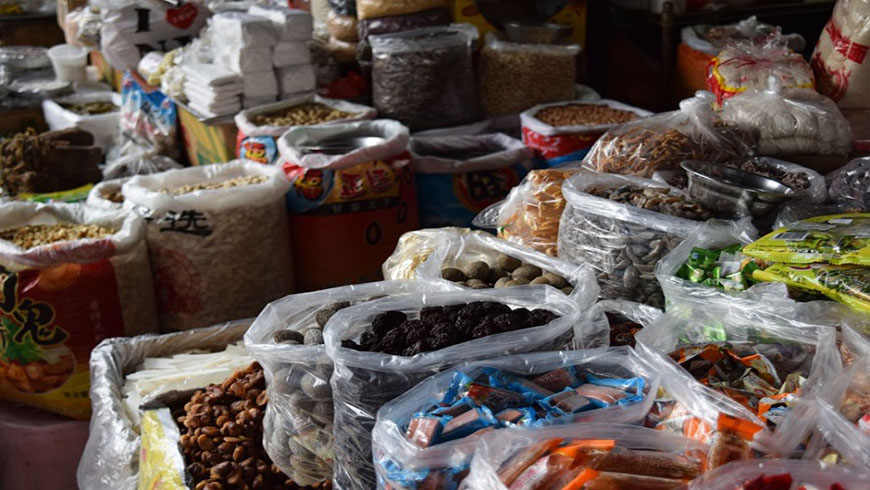
26 March, 2018
New in the Regulation of new foods
The new European Regulation that began to be applied on January 1, 2018, facilitates the emergence of new business opportunities, for example, the commercialization of insects. In this post we will deepen the news and improvements introduced by this new regulation of new foods, also known as ‘novel foods’.
- Expansion of the categories of new foods. New foods are now considered elements that come from plants, animals, cell cultures, mineral crops, microorganisms, insects, food supplements, and foods resulting from production processes and innovative technologies, such as molecularly modified structures or nanomaterials.
- Generic, simplified and centralized requests. Any company can market a new authorized food in the EU market, provided that the conditions of use, labeling and authorized specifications are respected. The procedure for sending applications is managed by the European Commission (EC) through an online application system.
- List of new foods authorized by the European Union. This list contains all the foods authorized for commercialization among the member states. Food that is incorporated into the list, can automatically be marketed. A new application is required to be applied to any change in the composition of already authorized foods.
- New food safety assessment centralized in the European Food Safety Authority (EFSA). The EC consults the evaluation that EFSA makes on the applications received on new foods to authorize or not a food. EFSA itself has created guidelines to facilitate the preparation of the submission of applications.
- Efficiency and transparency. Approval time is reduced by establishing evaluation deadlines for security and authorization.
- Faster notification system for third countries. If traditional foods from other countries have a certified test history, the safety of a certain product in the third country, and the EFSA or EU member states do not pose a problem, marketing of the food in the EU will be allowed.
- Promotion of innovation. Five-year concessions are granted to other foods if their composition is based on scientific evidence confirming their safety.
The new regulation will not be applicable in the following cases:
- Food additives in Regulation (EC) No 1333/2008.
- Flavoring agents for use in food in Regulation (EC) No 1334/2008.
- Extraction solvents used in food production in Directive 2009/32 / EC that approximates the laws of the EU countries.
- GMOs for food and feed, covered by Regulation (EC) No 1829/2003
If you have any questions about the procedure for requesting new foods, you want to market a product from a third country or any other concern, contact us without obligation. At LegaleGo Nutrition we are specialists in food counseling.






